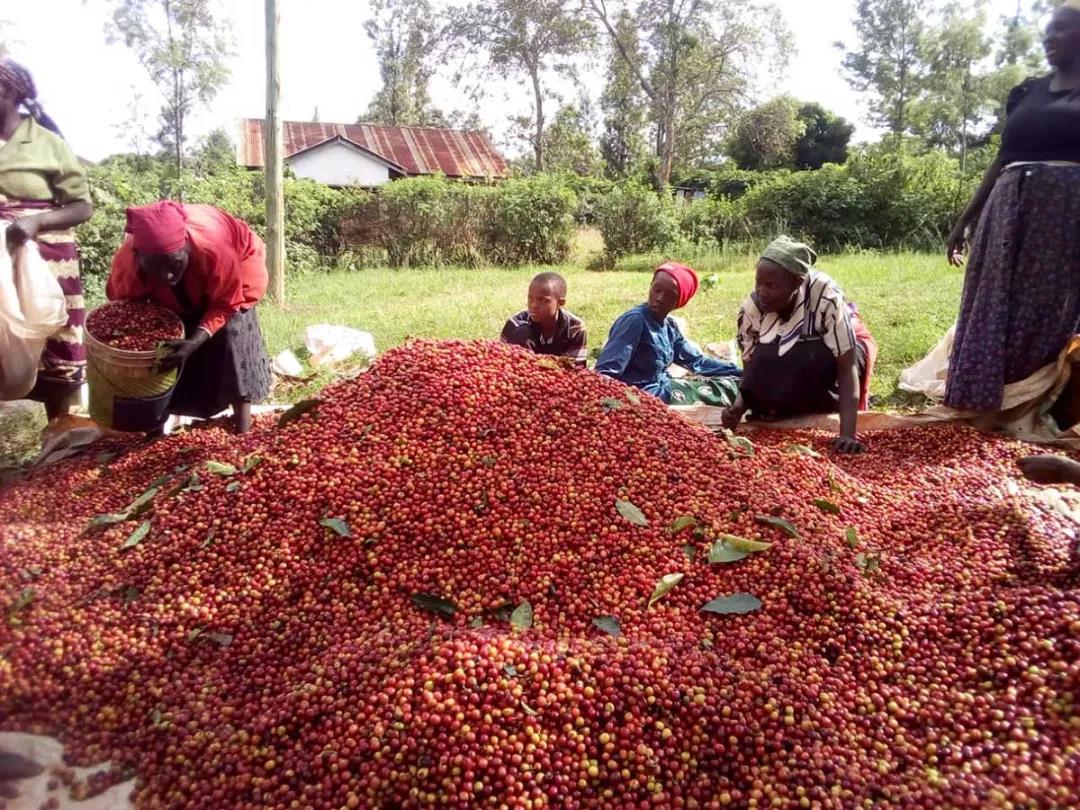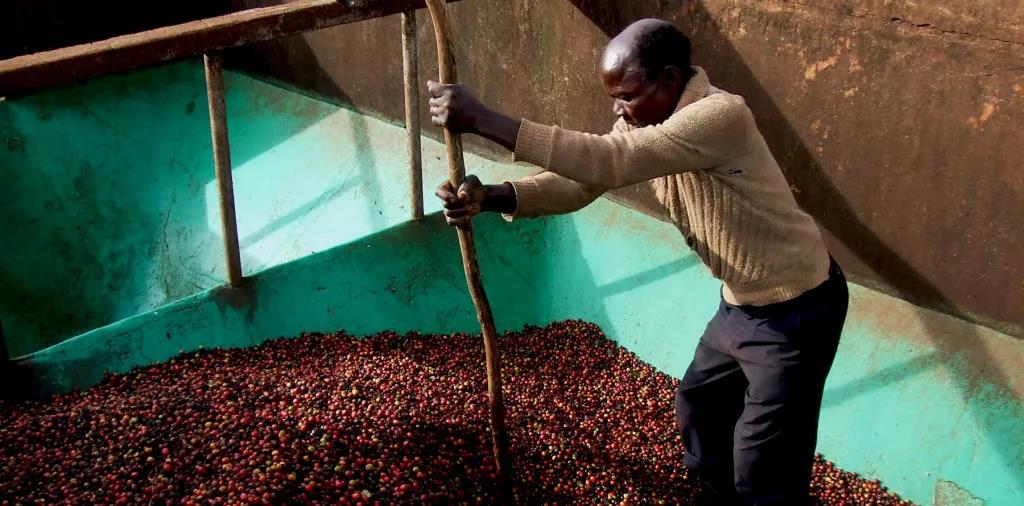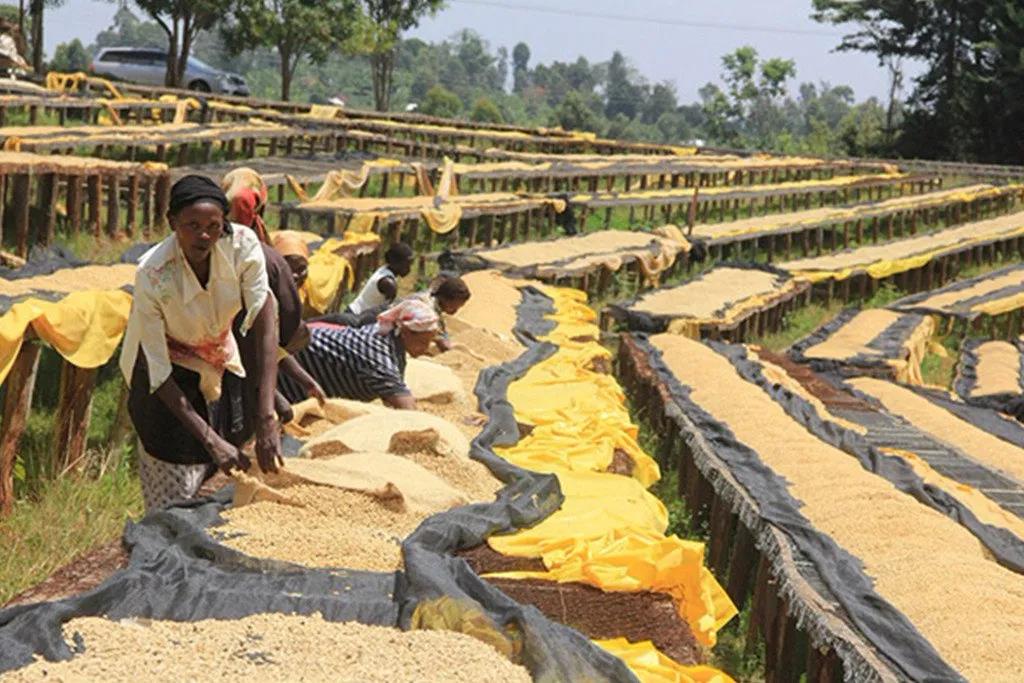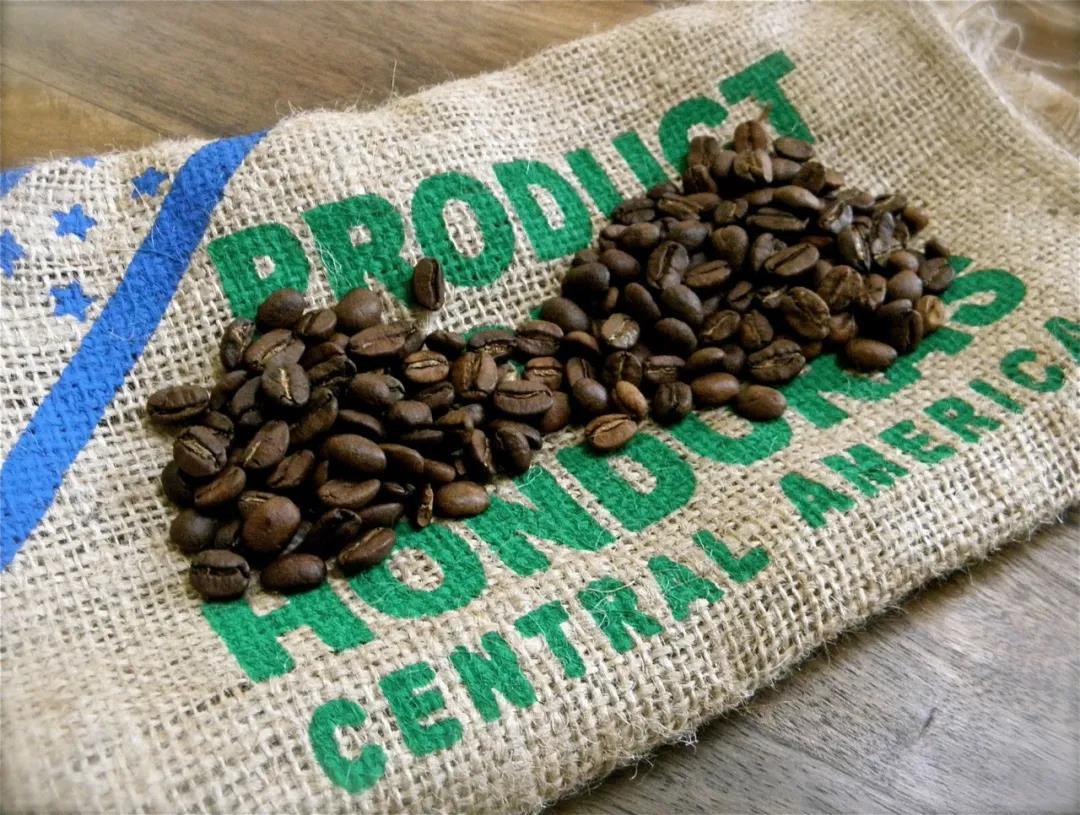The quality of coffee production in Kenya is low? The government plans to revitalize coffee growers through coffee futures

Professional coffee knowledge exchange more coffee bean information please follow the coffee workshop (Wechat official account cafe_style)
The impact of climate change and the serious governance strategies of Kenyan coffee cooperatives are affecting the performance of the Kenyan coffee industry, and COVID-19 is weakening the performance of the country's coffee export market.
According to the United States Department of Agriculture (USDA), due to intermittent rains during the main coffee harvest season (September-December) in 2020, about 178 million coffee trees in 29 coffee plantations in Kenya are not blooming satisfactorily, with an estimated 650000 bags of 60 kg coffee each, which is likely to lead to stagnation in coffee production. Kenya accounts for nearly 1% of global coffee production, and the United States Department of Agriculture (USDA) expects the total export of Kenyan coffee to fall to 620000 bags (60 kg each) in the 2020: 21 sales year, down from 815000 bags in the previous quarter.

Currently, in order to revitalize Kenya's domestic coffee industry and ensure high-quality production to achieve high-quality goods, the Government of Kenya will take a number of initiatives, including securing funding for coffee growers, and refurbishing coffee fruit processing facilities in some of the 29 coffee producing areas. Kenya, for example, is providing nearly $11.6 million for a two-year coffee industry reform plan as part of a coffee revitalization plan launched by the World Bank. Financing is expected to be obtained by the end of 2020 to purchase modern equipment, finance these processing plants and install new coffee processing lines to ensure high quality coffee in the export market.
"once the World Bank provides funding, we will install fermentors, drying beds, automated coffee fruit weight sorters and modern coffee processing lines to improve the efficiency of Kenyan coffee processing plants," said Peter Munia, Kenya's minister of agriculture. The plan will be implemented by the Kenya National Agricultural and Rural inclusive growth Project and the Kenya Climate Smart Agriculture Project. According to a briefing from the Kenyan Ministry of Agriculture, Animal Husbandry and Fisheries, the project will involve "increasing coffee production, improving the efficiency of cooperatives and supporting research and development and technology dissemination".

In the first phase of the coffee revitalization programme, coffee cultivation accounts for 70 per cent of national production in areas such as Kiambu, Machakos Machakos, Murana Murang'a, Neri Nyeri, Kirin Yaga Kirinyaga, Ambu Embu, Yatalakanidi Tharaka Nithi and Meru Meru. Growers here will first implement the program to increase productivity in order to gain more benefits and encourage growers to do a good job. Peter Munia also said: "in the second phase, there may be more coffee producing areas to benefit from the project, which will" focus on tangible output for coffee farmers, thereby increasing growers' income. "
Currently, a coffee futures programme is being implemented in other producing areas of Kenya, through which a $26 million Coffee advance revolving Fund has been established to provide working capital to farmers belonging to the Kenyan growers' Cooperative Union, after receiving the working capital, farmers are required to provide high-quality coffee to cooperatives as a guarantee.

The fund will receive funds from parliamentary allocations, recovery of fund management costs, grants and donations, enabling small farmers to obtain capital equivalent to 40 per cent of the current average selling price of the Nairobi Coffee Exchange. The coffee futures programme planned in advance was an improvement on the cash delivery scheme piloted in Kenya in 2017 / 2018, but failed due to low farm production, high volatility in coffee prices and the lack of strict mechanisms to ensure full recovery of funds.
According to media reports, local coffee processing plants have led to a stagnation or decline in coffee production by falsely claiming that "the coffee delivered to them by local farmers is of poor quality", which also reduces the income of growers. The quality inspection of the coffee fruits in the processing plant in the agricultural sector confirmed that the majority of the coffee fruits in the factory were mainly AA and AB grades. (note: Kenya AA coffee beans are 7.2mm in size, about 18x64 inches per inch, and the price is often higher than other grades. This was followed by an AB size of 6.8mm or 17beat 64in) and said that the owner of the processing plant had been educated and punished.

The National Bureau of Statistics of Kenya said: "the average income of coffee in Kenya fell by 31.5% in 2019, from 14.8 billion kroons to 10.2 billion kroons," mainly due to global coffee overproduction, especially in Brazil, leading to a decline in average prices. Kenyan coffee is now sold by some 46 dealers through the Nairobi Coffee Exchange or through direct sales channels, although reports from the coffee sector indicate that there is no competitiveness between the two distribution channels, mainly because the price is basically the same, whether purchased through private or distributors.
In addition to the price, the small-scale planting area of coffee in Kenya increased slightly by 0.5%, from 115.6 million hectares in 2017 to 116.2 million hectares in 2019, as the AFA coffee bureau and county government planted new coffee seedlings in various regions by purchasing and distributing free coffee seedlings.

The production area of large-scale producers or estates fell from 26.1 million hectares in 2018 / 2019 to 25.4 million hectares in 2019, but coffee production soared by more than 28% to 14.1 million tons. In 2019, coffee production in producing areas and cooperatives increased by 27.5% and 0.9% respectively, equivalent to 543.2 kg and 347.4 kg per hectare, respectively.
In the first half of 2020, the Kenyan government released a report showing that total coffee production in Kenya increased from 41.4 million tons in 2017 to 45 million tons in 2018, a growth rate of 8.7 percent.
For more boutique coffee beans, please add private Qianjie coffee on Wechat. WeChat account: kaixinguoguo0925
Important Notice :
前街咖啡 FrontStreet Coffee has moved to new addredd:
FrontStreet Coffee Address: 315,Donghua East Road,GuangZhou
Tel:020 38364473
- Prev

COVID-19, hurricane, leaf rust triple blow? The coffee harvest in Honduras is in jeopardy in the new season
Professional coffee knowledge exchange more coffee bean information please follow the coffee workshop (Wechat official account cafe_style) Honduras National Coffee Institute (IHCAFE) said: Honduras 2020 / 2021 harvest season coffee exports forecast to decline by about 11%, due to the global epidemic has not been well controlled, coupled with the recent heavy rainfall caused by Hurricane ETA in Central America caused losses
- Next

Guangzhou Coffee Shop| Unlimited Coffee, a community coffee shop that gives people a sense of belonging
Professional coffee knowledge exchange More coffee bean information Please pay attention to coffee workshop (Weixin Official Accounts cafe_style) Like community coffee shop because of what? Warm, familiar, kitty, dog... Or say that the community coffee shop has become a part of everyone's life. As soon as you enter the door, a familiar and kind greeting, order a cup of coffee, and then... Come on, let's go.
Related
- What documents do you need to go through to open a coffee shop? coffee shop coffee shop certificate processing process
- How to purchase Coffee beans in small Cafe how to choose a suitable supplier for domestic Coffee supply Company
- How to drink Starbucks Fragrance White Coffee? how to make Australian White Coffee? what Italian coffee beans are recommended?
- The Story of Flora Coffee: the name of Flora Coffee Bean and the implication of the Flowers on Florna Coffee
- How much does a cup of coffee cost? How much is the profit of a cup of coffee? What is the profit of the coffee shop in a year?
- Yunnan small Coffee, known as "fragrant Coffee", introduces the characteristics of Alpine Arabica Coffee producing areas in Yunnan, China
- 2023 latest Starbucks full menu price list how much is a cup of Starbucks coffee what is better to drink the most popular hot and cold drinks recommended
- Starbucks different kinds of Coffee Price list Starbucks menu 2023 Top Ten Best drinks in Starbucks
- Starbucks Spring praise Comprehensive matching Coffee Bean theme Story Packaging implication and taste description
- The cost of a cup of coffee latte American coffee cost price and selling price

